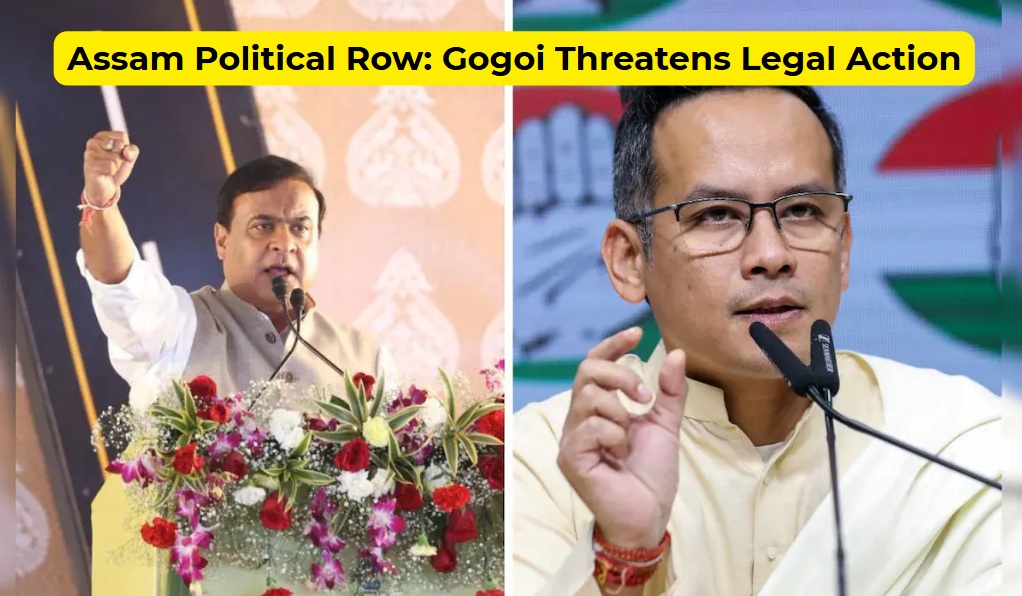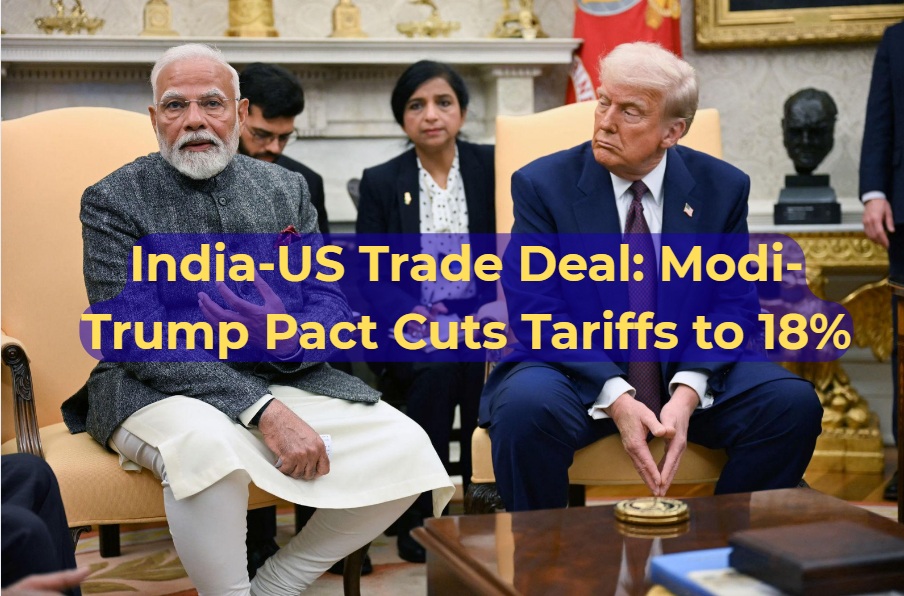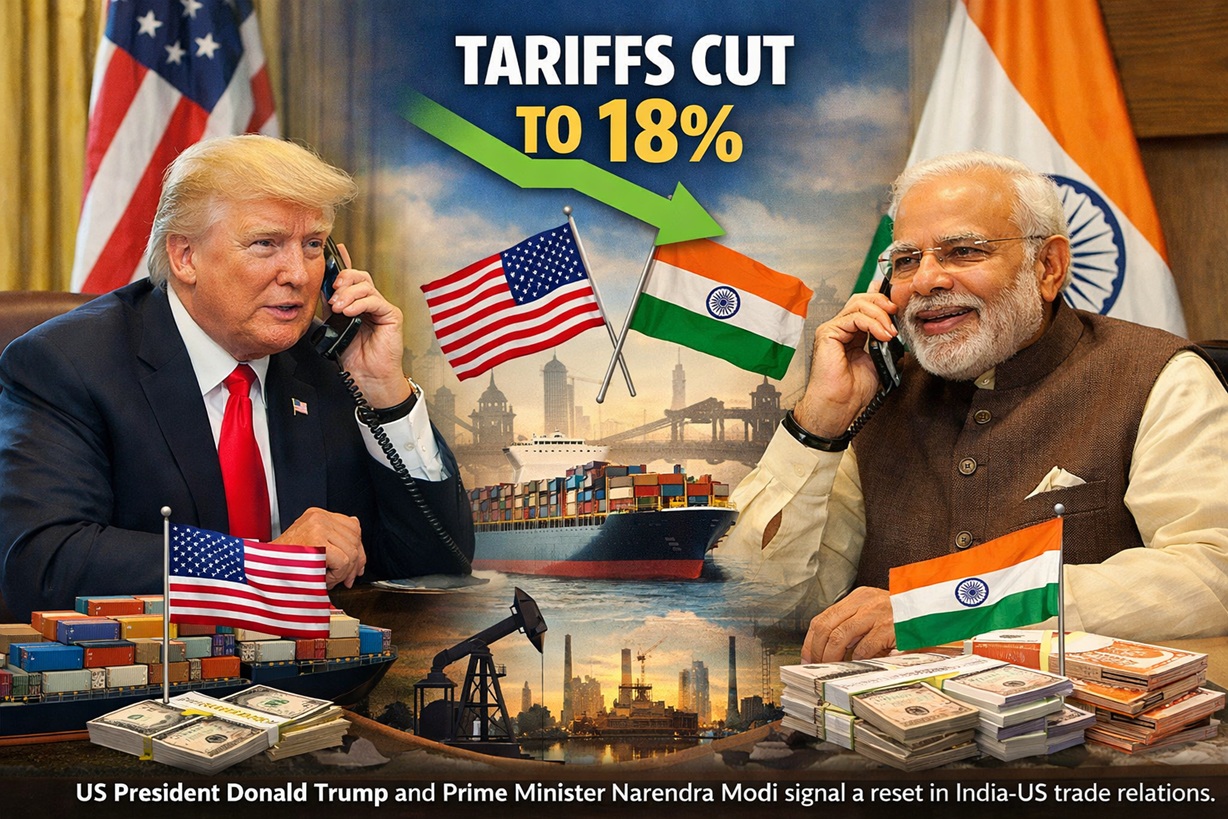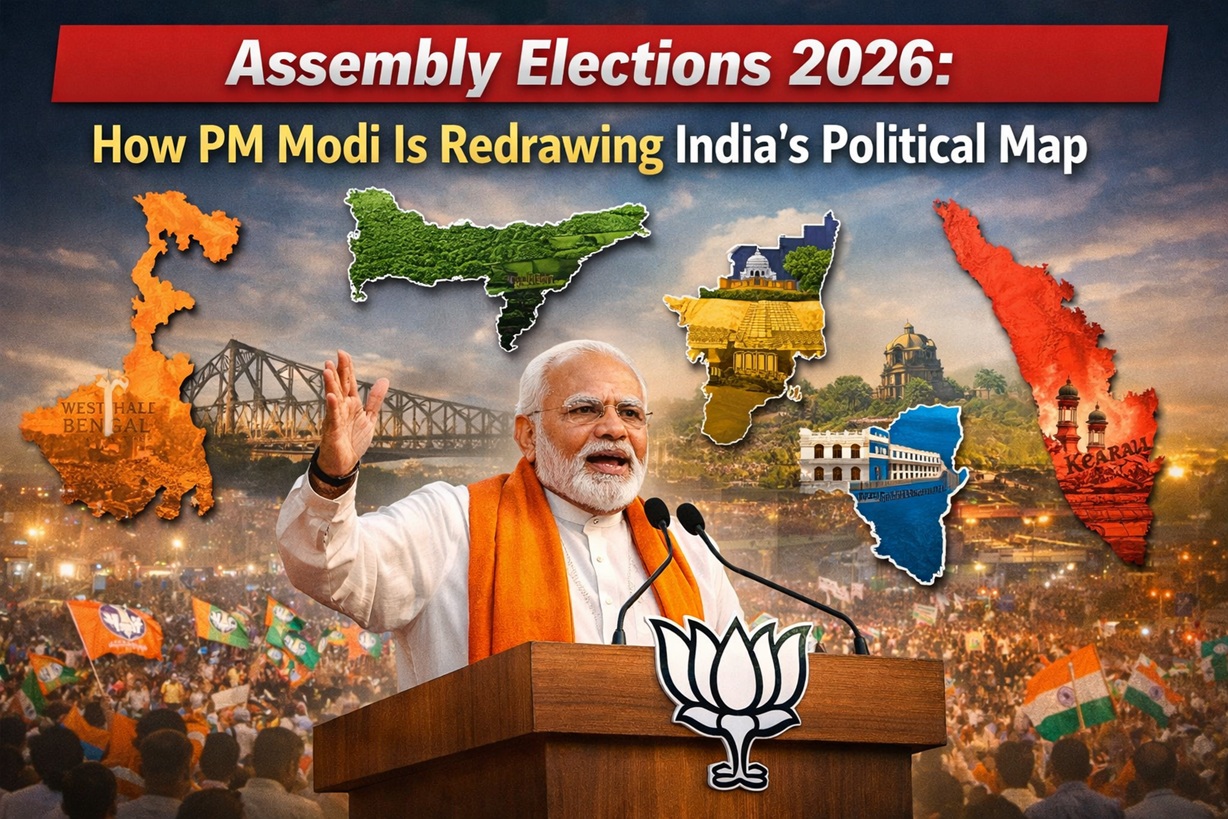Netflix’s latest web series, has quickly become a focal point of controversy. The series, which dramatizes the 1999 hijacking of an Indian Airlines flight by terrorists, has been criticized for distorting historical facts, misrepresenting key events, and downplaying the severity of terrorism.
One of the most contentious issues is the bizarre decision to give the hijackers names like Dr. Burger, Bhola, and Shankar. While some argue this was done to avoid controversy in India, others have raised concerns about the use of names associated with deities, like Bhola and Shankar. This has ignited significant backlash, as these were not ordinary individuals but terrorists who hijacked an Indian Airlines flight.
The controversy has escalated to the point where the Indian government has stepped in, summoning the content head of Netflix India to provide an explanation.
The Historical Incident: A Brief Overview
On December 24, 1999, Indian Airlines Flight IC 814 was hijacked en route from Kathmandu to Delhi by five terrorists associated with the Pakistan-based terrorist group Harkat-ul-Mujahideen. The flight was diverted to Kandahar, Afghanistan, where it remained for a week. The hijackers demanded the release of three terrorists in Indian custody in exchange for the passengers’ safety. After prolonged negotiations, the Indian government agreed to release the prisoners, and the hostages were freed.
This incident remains a painful chapter in India’s history, as it underscored the vulnerabilities in national security and the complex decisions involved in handling terrorist negotiations. The release of the terrorists, particularly Masood Azhar, who later founded the Jaish-e-Mohammed group responsible for numerous attacks on Indian soil, has had lasting consequences.
The Web Series: Creative Liberty or Misrepresentation?
IC 814: The Kandahar Hijack attempts to dramatize these events, but critics argue that it takes significant liberties with the truth. Social media has erupted with allegations that the series distorts the facts, portraying the hijackers in a more sympathetic light while downplaying the terror and trauma experienced by the passengers and the Indian government’s difficult position.
One of the most contentious points is the perceived misrepresentation of the hijackers. Viewers have pointed out that the series downplays their Islamist motivations, leading to accusations that the show is whitewashing terrorism. Additionally, there are claims that the series unfairly implicates Hindus, with some characters portrayed in a negative light, which has fuelled anger and accusations of bias against the filmmakers.
The real story is important, but it’s being hidden. No one wants to reveal the truth because it would show the Congress Party’s involvement in this situation. The more you investigate De La Rue, the more you’ll find its connections to the Congress Party.
In a certain web series, there’s a false story being spread. It claims that the Taliban was negotiating for the release of terrorists in exchange for a dead body and 100 million US dollars. This is not true. Anubhav Sinha has twisted the facts in the name of creativity.
In reality, 200 million US dollars were paid, not 100 million. The money was paid in Pakistani currency, and this is important because De La Rue, the company involved, also prints Pakistan’s currency.
So, when did we find out about all this? Right after the airplane was hijacked and landed in Kandahar. At that moment, a group of seven people from Switzerland arrived in Delhi, representing the US Government. They met with Foreign Minister Jaswant Singh and demanded the release of Roboto Gerry, who was on the plane. They wanted him alive. But the media hasn’t told the full story, so you have to figure it out yourself.
The Swiss delegation was quickly approved, and that’s where the story seems to end. But what happened next? The Indian government agreed to release the terrorists. And here’s the surprising part—the Swiss delegation flew straight to Kandahar in a chartered plane to negotiate. All this important information is missing from the narrative.
Government Intervention and Public Outcry
The controversy escalated to the point where the Indian government felt compelled to act. The Ministry of Information and Broadcasting summoned the content head of Netflix India to address the concerns raised by the public and media. This intervention underscores the seriousness with which the government views the series’ impact on public sentiment.
The government’s involvement also highlights the broader debate over the regulation of streaming platforms in India. Unlike traditional television and film, which are subject to stringent censorship laws, streaming platforms have largely operated without such oversight. However, this incident may prompt a re-evaluation of how content is regulated in the digital age.
The Role of Films and Series in Shaping Public Perception
The Indian film industry has a long history of producing works that explore sensitive political events. Many films and series have delved into the lives of political leaders, historic incidents, and social issues, often sparking debate and controversy. While artistic freedom is a fundamental right, the portrayal of historical events carries a significant responsibility.
In the case of IC 814: The Kandahar Hijack, critics argue that the series fails in this responsibility by distorting facts. They believe that the filmmakers have not only misrepresented the events but also ignored the emotional and political complexities of the hijacking. The narrative presented in the series, according to these critics, does a disservice to the memory of the incident and the people involved.
Freedom of Expression vs. Historical Accuracy
The controversy has reignited the ongoing debate about freedom of expression in art. Supporters of the series may argue that creative works should not be held to the same standards of factual accuracy as documentaries or news reports. They might claim that the series is a work of fiction inspired by real events and that viewers should not take it as a literal retelling of history.
On the other hand, detractors insist that when dealing with such sensitive and impactful events, a greater degree of responsibility is required. They argue that distorting history, especially in a way that could influence public perception and sentiment, is not just irresponsible but potentially dangerous.
Conclusion: The Legacy of ‘IC 814: The Kandahar Hijack’
As the controversy continues to unfold, IC 814: The Kandahar Hijack stands as a stark reminder of the power of media to shape public discourse. Whether it’s a case of artistic liberty gone too far or a deliberate attempt to revise history, the series has certainly struck a nerve.
The Indian government’s involvement indicates that the debate over the portrayal of sensitive historical events is far from over. This incident may lead to increased scrutiny of how streaming platforms handle such material and could spark broader discussions about the limits of creative freedom in storytelling.
As the dust settles, one thing is clear: the legacy of IC 814: The Kandahar Hijack will be measured not just by its viewership but by the conversations it has ignited about truth, responsibility, and the role of art in society.





